SUSTAINABILITY
AON RACING – Tourne Campervans

With thanks to Swiss Green Solutions, AON Racing is CO2 neutral in all travels for racing, testing and training.
Swiss Green Solutions installed a Solar Panel plant on the roof of our factory.
- This state-of-the-art plant has 360 panels
- Produces 170 kilowatts at peak
- Produces 356 megawatt hours in a year
- Creates 105t of Co2 certificate in a year
- Investment 250’000 CHF
- Roi +/- 7 Years
- Solar panel manufacturer is TÜF and ISO certificated
- All of the daily electricity consumption is self-produced and overproduction is sold into the public grid
We have another 105 tons of CO2 certificates available for 2025 if needed.
TOURNE CAMPERVANS – 100% SOLAR POWERED
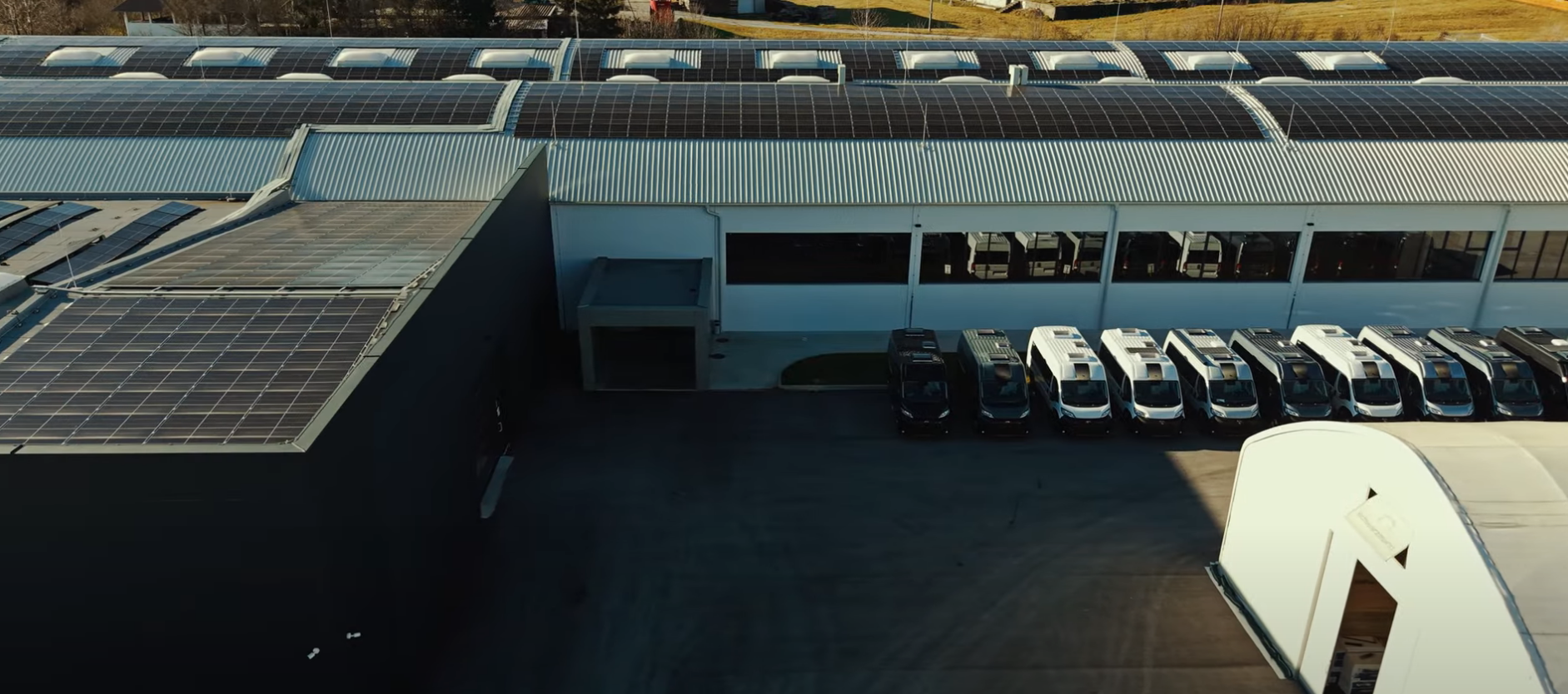
Our generous friends at Tourne are supporting us with their solar-powered campervans for the 2025 season.
Solar power provides an excellent source of clean, alternative energy that can be used to power various auxiliary devices in the van. With a dual-panel configuration, it delivers the power we need to remain independent of power sources off the grid.
“At Tourne, sustainability meets innovation — our self-sufficient factory, powered by a solar-panelled roof, reflects our commitment to responsible production.”
TRASH FREE TRAILS

Without organisations like these, we couldn’t do the thing we love. Trash Free Trails is a non-profit organisation who exist to protect our trails and the wild places they take us.
We’re working with them to support their mission ‘to reconnect people with nature through the simple yet meaningful act of removing single-use pollution from wild places.’
That’s why this year, we’ll be inviting fans to join us for a 45-minute litter pick after every World Cup race!
REVGRIPS
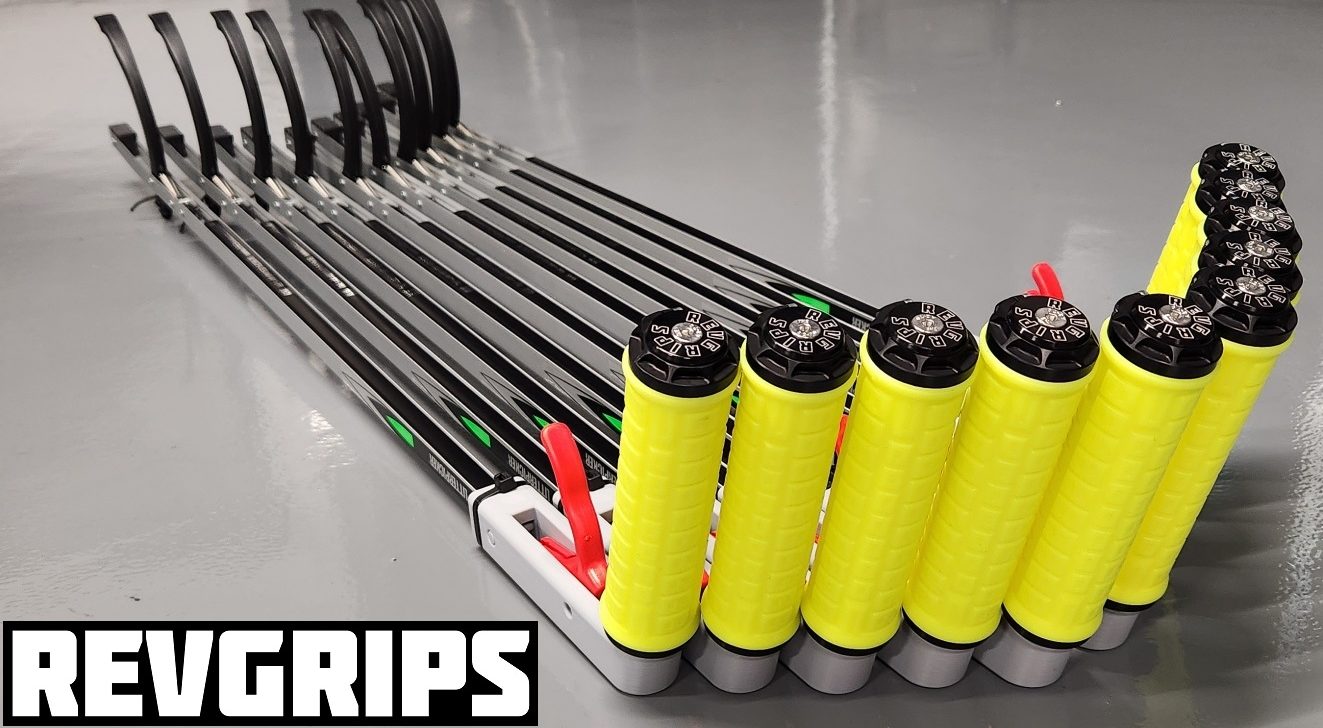
Our friends at REVGRIPS don’t just provide grips for our bikes, but our litter pickers too! Now litter picking feels just like riding an old bike (literally).
SCHWALBE TIRES
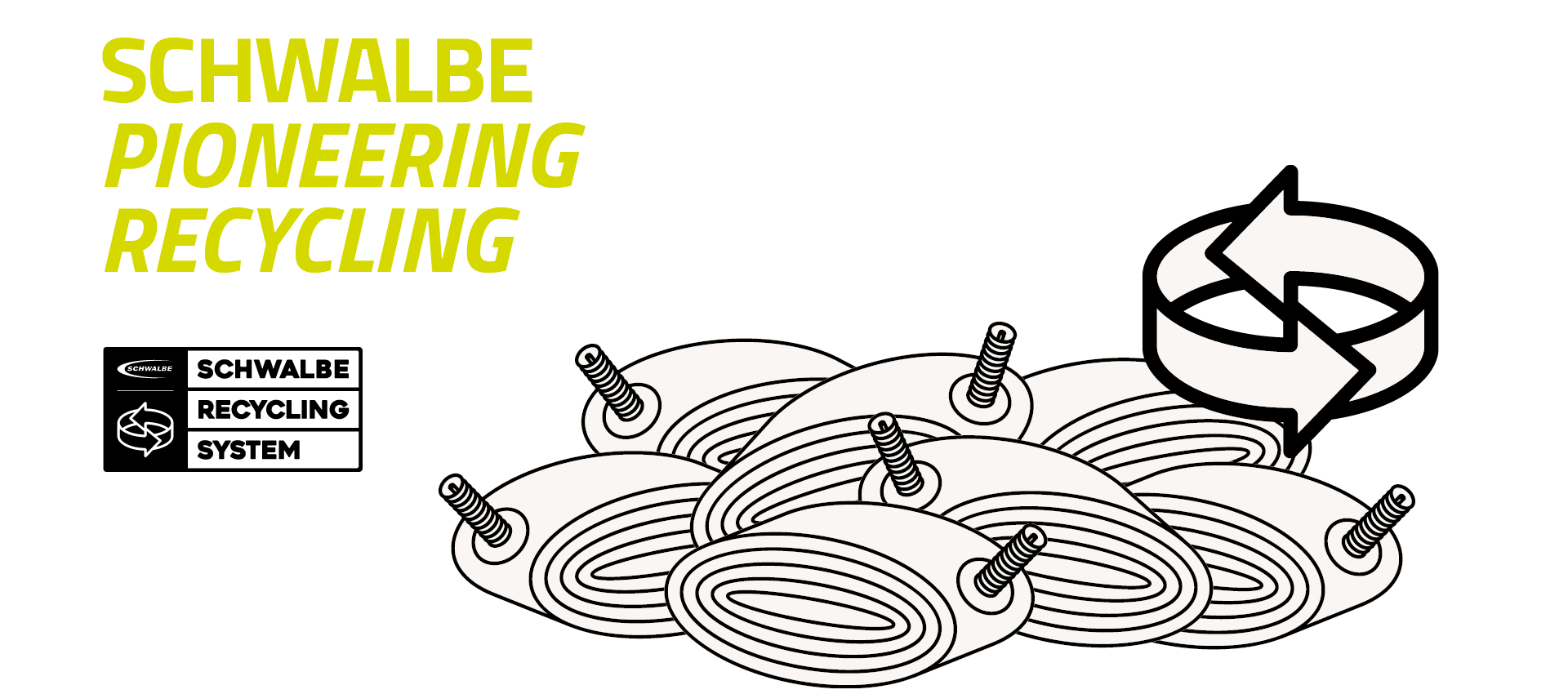
Schwalbe, a leading bicycle tire manufacturer, has made significant strides in environmental sustainability through comprehensive initiatives focusing on circular economy, emissions reduction, and social responsibility.
Circular Economy and Recycling
Schwalbe has pioneered a closed-loop recycling system for bicycle tires and inner tubes. Since 2015, the company has recycled over 20 million inner tubes and 2 million tires. Their “Green Marathon” tire, introduced in 2023, is the world’s first bicycle tire made from used tires, utilizing 80% recycled and renewable materials, including 100% fair-trade natural rubber. This innovation has earned Schwalbe the German Sustainability Award for Products 2025.
Emissions Reduction and Climate Goals
In 2022, Schwalbe joined the Science-Based Targets initiative, committing to reduce Scope 1, 2, and 3 emissions by at least 55% by 2030 and achieve net-zero emissions by 2040. The company has already achieved a significant reduction in emissions, with total emissions dropping from 23,061.8 tons of CO₂eq in 2018 to 15,084.6 tons in 2023. Schwalbe’s headquarters operates on 100% green electricity.
Social Responsibility and Biodiversity
Schwalbe supports agroforestry projects that have engaged over 5,000 smallholder farmers, protecting more than 2,600 hectares of jungle rubber, equivalent to over 1.7 million trees. This initiative promotes biodiversity and sustainable livelihoods.
Through these efforts, Schwalbe demonstrates a strong commitment to environmental stewardship and social responsibility in the bicycle industry.
LEATT

Leatt is actively implementing several environmental initiatives to reduce its ecological footprint:
Sustainable Packaging: The company has transitioned to plastic-free, biodegradable packaging printed with soy-based inks for all new products. This change aims to minimize waste and environmental impact.
Eco-Friendly Materials: Leatt introduced a premium product line utilizing natural materials such as coffee grounds and cellulose fibers. These materials not only reduce water consumption—requiring up to 20 times less water than traditional fabrics like cotton or polyester—but also enhance product durability.
Green Energy and Transportation: The company is committed to reducing energy consumption and greenhouse gas emissions by utilizing renewable energy sources where possible. Additionally, Leatt considers environmental impact when selecting transportation modes and encourages sustainable commuting options for employees and customers.
Waste Reduction and Recycling: Leatt has implemented waste reduction initiatives and promotes the recycling and reuse of materials throughout its operations. An internal policy favors environmentally friendly options for office and hygiene consumables.
Supplier and Contractor Assessments: Environmental assessments are a factor in the selection of third-party suppliers and contractors, ensuring alignment with Leatt’s sustainability goals.
These actions reflect Leatt’s dedication to environmental responsibility and sustainable practices.
MUC-OFF

Muc-Off’s Project Green is a comprehensive sustainability initiative aimed at reducing environmental impact through innovative product design, services, and partnerships. As of January 2023, the company has successfully saved over 208 tonnes of plastic, surpassing its initial goal of eliminating 30 tonnes by 2023.
Key Actions:
Refill Programme: Launched in the UK in 2019 and now expanding globally, this program provides free refill stations to dealers purchasing bulk Nano Bike Cleaner. The initiative aims to install 1,250 refill stations worldwide, potentially saving 270,000 plastic bottles, equivalent to 30 tonnes of plastic.
Eco-Friendly Products: Muc-Off has developed products like Punk Powder, a plastic-free bike cleaner, and encourages upcycling by designing durable packaging that can be repurposed, such as turning bottles into mudguards.
Strategic Partnerships: The company has partnered with 1% for the Planet, committing to donate 1% of annual sales from Nano Tech bike wash sold through refill stations to environmental non-profits.
Through these initiatives, Muc-Off integrates sustainability into its core operations, aiming to protect the environment for future generations.
GATES
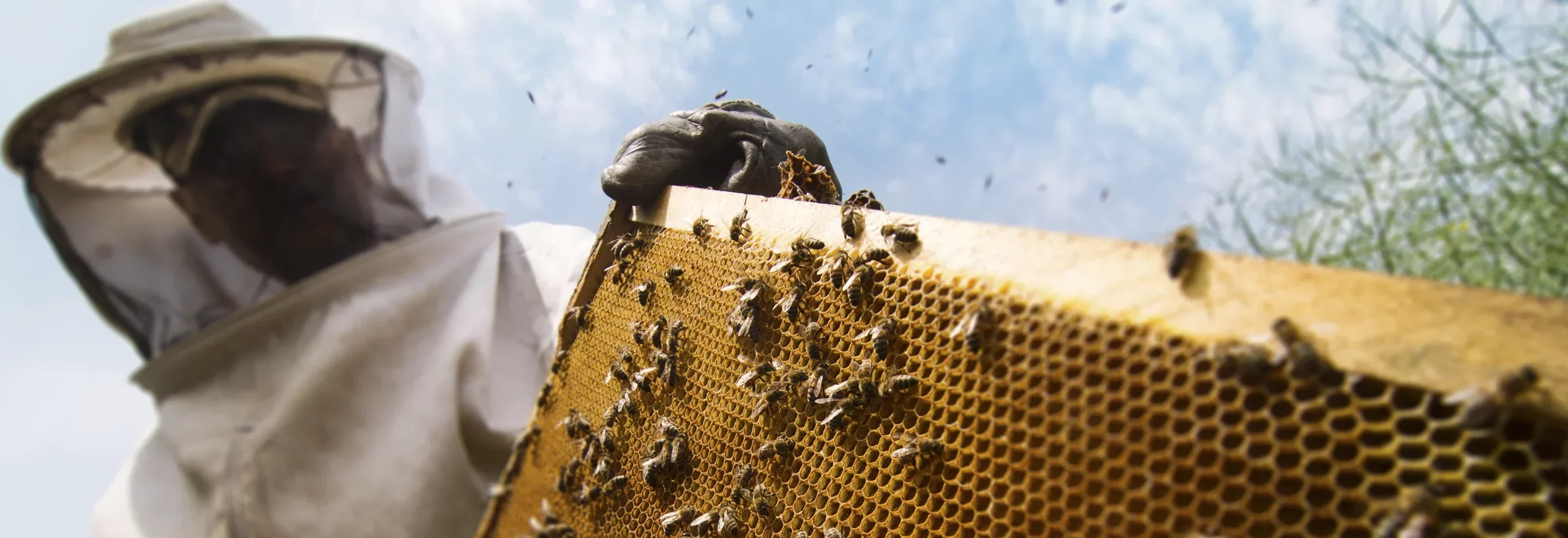
Gates Corporation is actively advancing its environmental sustainability efforts across its global operations. The company has set clear targets to reduce its environmental impact, focusing on key areas such as greenhouse gas emissions, energy consumption, water usage, and waste generation.
Key Environmental Initiatives:
Greenhouse Gas Emissions: Gates aims to reduce its greenhouse gas emissions by 15% by 2025, building on baseline measurements from 2019. The company is currently on track to meet or exceed this target.
Energy Conservation: Targeting a 20% reduction in energy consumption by 2025, Gates has implemented initiatives such as natural lighting projects, continuous energy monitoring, and efficiency improvements in compressed air and natural gas usage.
Water Conservation: Operating in several water-stressed regions, Gates adheres to strict water conservation regulations and proactively addresses the needs of local communities and ecosystems.
Waste Minimization: The company is committed to reducing hazardous waste and landfill usage while increasing the number of zero-waste sites.
These initiatives are part of Gates’ broader commitment to environmental stewardship and sustainable business practices.




